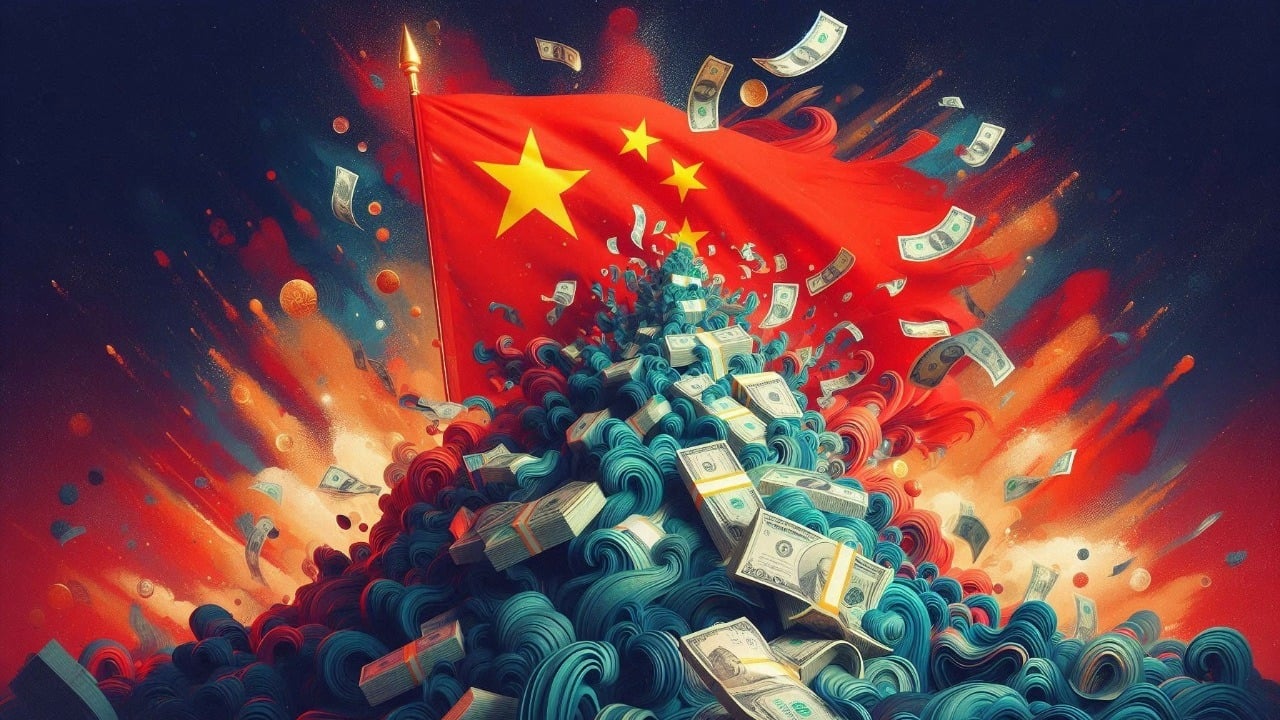A new buzzword, ‘de-risking’, is entering the economic vernacular of the West, and its implications could prove disastrous for these economies if it translates into distancing from China.
This move follows the 10th anniversary of China’s Belt and Road Initiative (BRI), a global platform for cooperation that has gathered significant recognition and has been appreciated worldwide for the solutions it offers to global development and governance reform.
The de-risking dilemma
Over the last couple of months, the term ‘de-risking’ has emerged from relative obscurity into everyday parlance. The push for de-risking arises from concerns around the West’s relationship with China, fueled by a perceived need to mitigate risks.
However, according to the founder of Germany-based Schiller Institute, Helga Zepp-LaRouche, ‘de-risking’ is no more than a euphemism for the geopolitical intent of the US and its allies to thwart China’s economic ascent.
Many experts argue that this shift in rhetoric from ‘decoupling’ to ‘de-risking’ stems from concerns that openly severing ties with China could spell disaster for Western industrialists heavily invested in China or reliant on significant trade relationships with the Asian giant.
But this strategy, if implemented, could potentially backfire, damaging its proponents more than it hurts China. The main reason behind this is China’s already established prominence in global economics and technology.
China’s leadership in fields such as patent numbers and 5G technology renders any attempts at de-risking or decoupling virtually obsolete.
In addition, the instant replacement of China’s trade and investment partnership is practically unattainable, considering China’s well-developed infrastructure and skilled labor force, which would take years to replicate elsewhere.
G7’s strategy and its repercussions
The G7, a club of the wealthiest countries, has been spearheading the de-risking policy, aiming to preserve its undemocratic privileges over the rest of the world.
However, any attempts to execute a de-risking strategy with China could result in significant economic backlash for the G7 countries themselves.
This year, the BRI celebrates its 10th anniversary and boasts partnerships with 151 countries and 30 major international organizations, becoming one of the principal drivers of the global economy.
The G7’s belated realization of this fact at a recent summit in Hiroshima, Japan, has underscored their misunderstanding of the global economy’s dynamics and the aspirations of emerging economies.
As for major European economies like Germany and France, they are caught in a struggle between their economic self-interest and external pressure from the US and the EU Commission.
This pressure has already resulted in higher energy prices due to sabotage of the Nord Stream pipelines and sanctions against Russia, causing significant damage to these economies.
The attempt to ‘de-risk’ from China could further exacerbate the economic plight of the West and lead to the sidelining of the European continent in world history.
In contrast to the West’s approach, China’s Belt and Road Initiative offers a comprehensive model for the balanced development of all nations. It has already demonstrated its capability to alleviate poverty and underdevelopment in many Global South countries.
Instead of seeking to contain China, it would be more advantageous for the West to engage with the initiative in a spirit of win-win cooperation.
The unipolar world has already crumbled. China’s vision offers an opportunity to supersede geopolitics with a system of cooperation among sovereign nations, focusing on humanity’s shared objectives.





